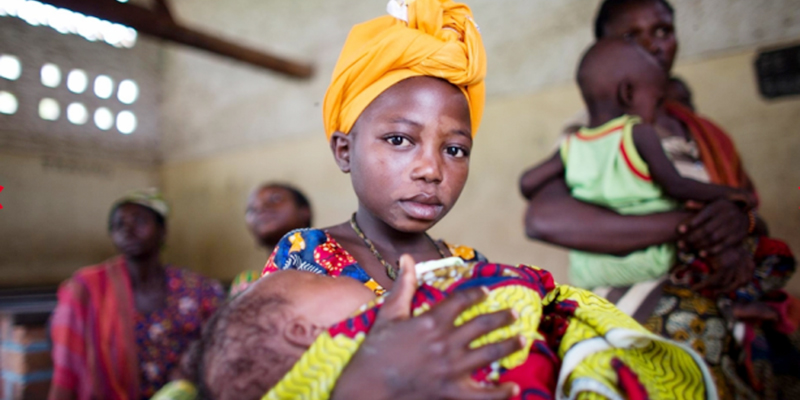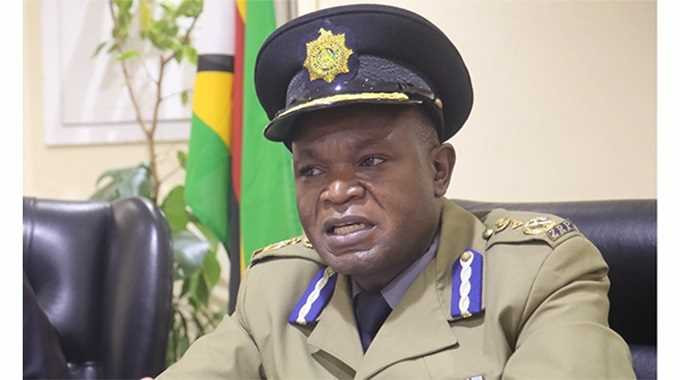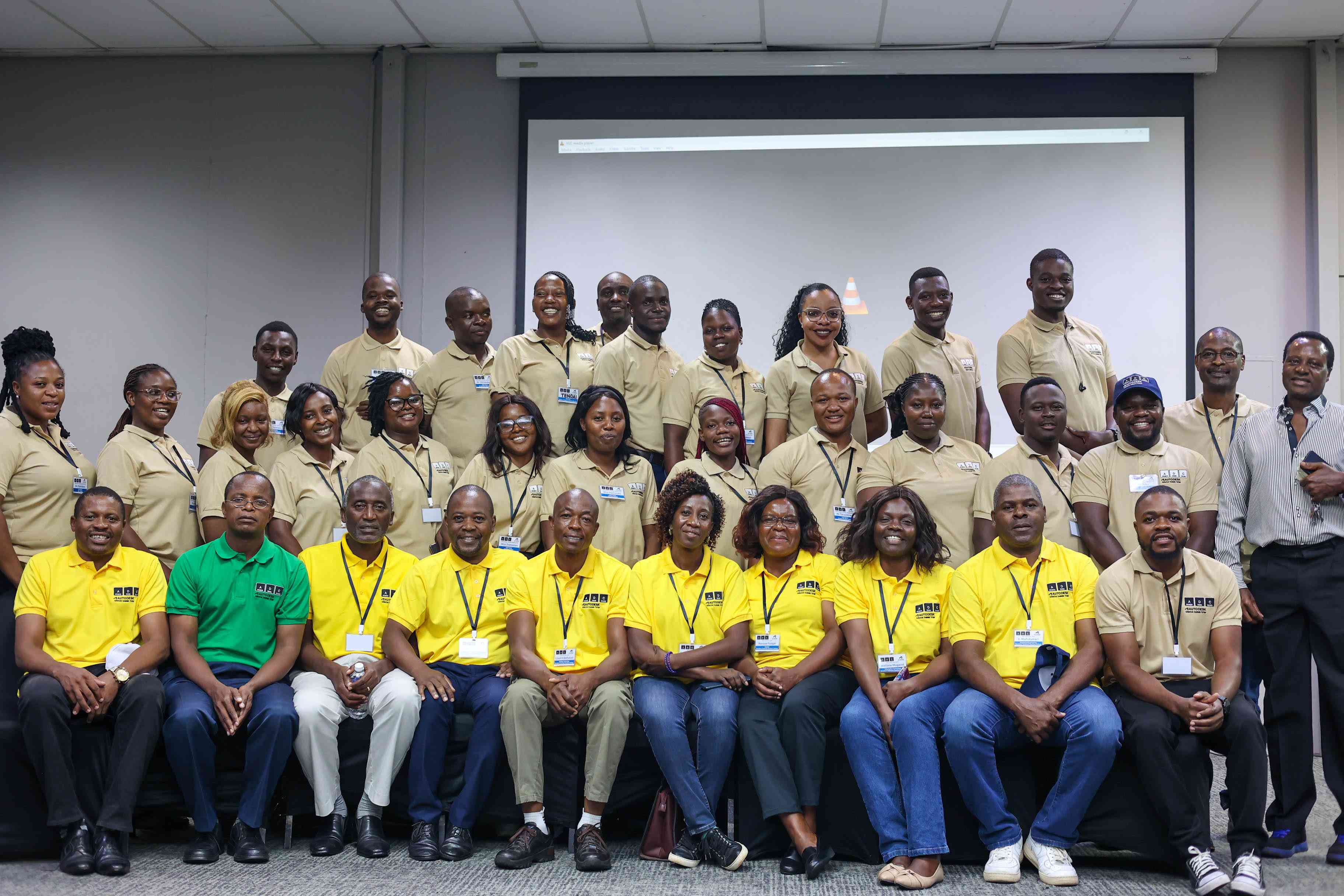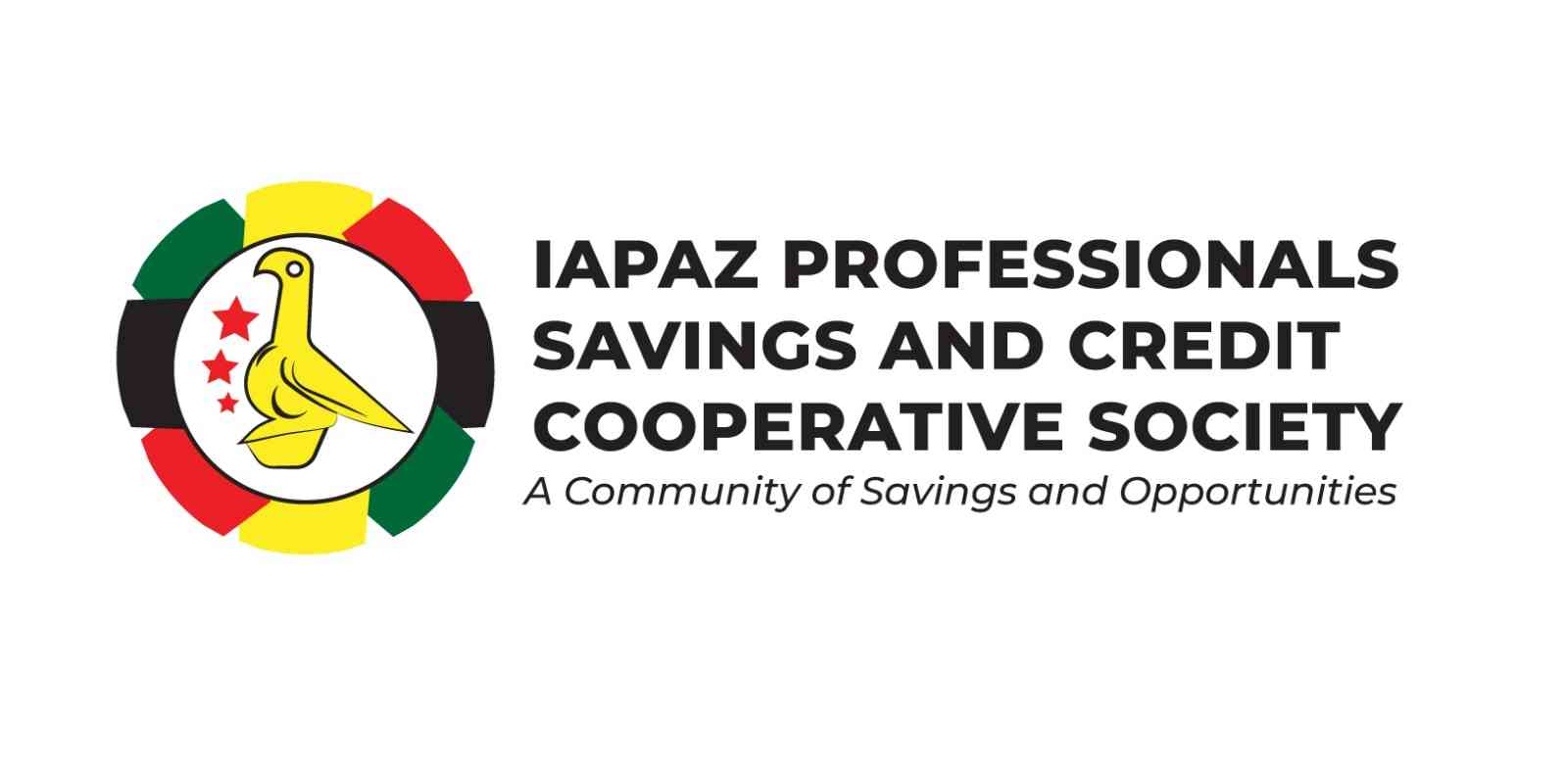
ZIMBABWE is adjudged one of the 41 countries in the world with an unacceptable rate of child marriages where girls enter into marriage below the age of 18.
Veneranda Langa

According to a 2012 report based on data collected by the United Nations Population Fund (UNFPA) during the years 2000 to 2011, the country’s prevalence of child marriage was at 31%, and was among 41 nations with the highest rates of child marriages and sits at number 39.
This comes amid fears that if child marriages were not curbed through legislative measures, the figures could escalate with girls continuing to be deprived of their childhood.
Another 2012 United Nations Children’s Fund (Unicef) report states that if child marriage was not outlawed by countries practising it by 2030, the number of child brides would grow from 14,2 million girls in 2010 to 15,1 million girls in 2030.
Enforce the girl child’s constitutional rights
Justice for Children Trust programmes director and child rights activist Caleb Mutandwa said as a fighter for children’s rights, he had noted that child marriages in Zimbabwe were prevalent in Manicaland, Mashonaland East and Central provinces.
- Chamisa under fire over US$120K donation
- Mavhunga puts DeMbare into Chibuku quarterfinals
- Pension funds bet on Cabora Bassa oilfields
- Councils defy govt fire tender directive
Keep Reading

“As an organisation, we have noted that the practice of child marriages is prevalent in areas such as Manicaland in Honde Valley, in Muzarabani which is in Mashonaland Central and in Mashonaland East, as well as in some religious sects such as Vapostori,” Mutandwa said.
“What is worrying is that as a country we have a Constitution that protects children against child marriages, but what is lacking is enforcement.”
Mutandwa said what was needed now was to align laws such as the Customary Marriages Act, the Domestic Violence Act and others that had to do with marriage and sexual age of consent with the new Constitution to fully protect girls against early child marriages.
“We now have a new Constitution, but it started being operational in May last year and has not really taken effect to the extent that several laws — including those that deal with children’s rights — have not been aligned with it (Constitution). For example, customary marriage laws still do not prescribe the marriage age of a girl or boy, and the age of sexual consent for girls. That is one thing that is still missing in our laws,” he said.
He said prior to the passing of the Constitution, Zimbabwe had laws that prescribed banning of early marriage of girls, for example, the Domestic Violence Act, but implementation was seriously lagging because the practice continued to happen in some parts of the country with parents being some of the culprits.
Mutandwa said it was now imperative to focus on implementation of those laws if girls were to be protected from child marriages.
“Implementation of laws needs to be supported with availability of resources, so that people can be educated on what the Constitution says about the issue of child marriages,” he said.
Educate traditional, religious leaders, parents

He said the focus should also be on educating religious leaders and cults to ensure they understood the regulatory framework with regard to child marriage.
“We have to educate religious sects so that they know that even if they practice their religious beliefs in terms of issues such as marriage, they should not violate the rights of children to education, health or even enjoyment of their childhood. We still have people who subject children to child marriages in the guise of religion. For example, recently media reports say the Apostolic Christian Council of Zimbabwe (ACCZ) led by Johannes Ndanga has banned the Johane Masowe weChishanu sect, for, among other issues, child abuse and child marriages,” Mutandwa said.
“But, what needed to happen here was that the Zimbabwe Republic Police was supposed to investigate if truly such things were happening at that sect and then take proper action. If it is happening, such sects and our traditional leaders should be educated about the new Constitution, to ensure that they understand that it is illegal to marry off young girls.”
Mutandwa said lack of education about the new Constitution had also affected some parents who were ignorant about their children’s rights to the extent that they were chasing away their girl children simply for seeing them standing with boyfriends at street corners.
“As an organisation we have dealt with cases whereby parents chase their underage daughter from home simply because they saw her with a boyfriend. That is against the Constitution and it forces that girl child to end up getting married at an early age and they are deprived of their childhood. If parents are offended, they should seek acceptable ways of dealing with the situation instead of chasing away the daughter because it encourages early marriages,” he said.
Mutandwa said chasing away girls because they had been caught with boyfriends resulted in high rates of divorces and polygamous marriages because the result was that in most cases the girl ended up with a man who did not love her and was never prepared for marriage in the first place.
Child marriage: A real, present threat to human rights
Sub-Saharan Africa which includes Zimbabwe is said to be one of the areas with most women who entered marriage unions before attaining 18 years.
The UNFPA report said if current levels of child marriages continued to persist for the next 20 years, the number of girls married under 18 in sub-Sahara Africa will jump from 13,1 million in 2010 to 13,7 million in 2015, then to 14 million in 2020, 14,5 million in 2025 and 15 million in 2030.
“Despite national laws and international agreements, child marriage remains a real and present threat to the human rights, lives and health of children, especially girls, in more than a hundred countries. One in nine girls in middle-income countries will marry before the age of 18. One in nine girls will marry before their 15th birthday. In the least developed countries the prevalence of child marriage is even higher — nearly one in two,” the UNFPA report added.
The report said education of girls; especially at secondary school level was imperative because research suggested that girls with secondary schooling were up to six times less likely to marry while they were children, compared to girls with little education.
“From a cultural standpoint, being in school can support the perception that girls are still children and hence not marriageable. Schooling helps a girl develop social networks and acquire skills and information, all of which contribute to her ability to communicate, negotiate for her best interests and participate in decisions that affect her life,” the UNFPA said.
They said girls needed life skills training, provision of safe spaces to discuss their future, information about their options, development of support networks, so that they were equipped with knowledge and skills in areas relevant to their lives including sexual reproductive health, nutrition, and their rights under the law.
Girl child vulnerable to sexual abuse
Recently, the National Prosecuting Authority public prosecutor Sharon Fero gave statistics of the vulnerability of the girl child to sexual abuse.
Fero said 2013 figures of the months July to September only that were collected through the victim friendly system reflected that on average five children per day were subjected to sexual abuse and 91% of these cases were perpetrated on the girl child.
“The offences were mostly perpetrated on girls between the ages of five to 16 years and the perpetrators of rape are men who are usually familiar with the victims, and the victims are usually afraid to report the perpetrators who they are familiar with,” Fero said.
United States ambassador Bruce Wharton on his Twitter chat on child marriage in Zimbabwe last week wrote: “Can a child really be married or be a bride at 13? No, it’s rape.”
Other discussants in the Twitter chat said child marriage was dangerous in that the girls involved ended up in violent marriages, experiencing birth complications, and also that it was one of the causes of high maternal and child mortality rates.
The UNFPA report also estimated that by 2020 some 142 million girls will be married by their 18th birthday if current trends continued.
“This translates into 14,2 million girls married each year or 37 000 girls married each day. Child marriage jeopardises girls’ rights and stands in the way of girls’ education, health and productive lives. It also excludes girls from fundamental decisions, such as the timing of marriage and choice of spouse.
Girls living in rural areas of the developing world are twice as likely to be married before the age of 18 as their urban counterparts, and girls with no education are over three times more likely to do so than those with secondary or higher education.
On the effects of early child marriages, Mutandwa said in Zimbabwe it severely prejudiced girl children in terms of education and exposed them to serious health problems, such as being prone to sexually transmitted diseases at a very early ages.
“When they get pregnant, these child brides often experience problems with delivery — and some even die during delivery. Child marriages often do not last because they are forced marriages. The child consents because they are forced to do so by their parents, but later they discover they did not love the person whom they are married to and the marriage ends up an abusive relationship prone to divorce, or a polygamous marriage,” Mutandwa said.
A Zimbabwean who was recently appointed African Union Goodwill Ambassador for Ending Child Marriage Nyaradzayi Gumbonzvanda said it was critical to focus on prevention activities, protection of girls as well as provision of shelter to those who were already victims of child marriage, especially in conflict zones.
Gumbonzvanda is a trained human rights lawyer with extensive experience in conflict resolution and mediation, as well as an active member of the women’s movement, sexual and reproductive health.
In one of her blog posts on early child marriages, Gumbonzvanda wrote: “Africa is rising to reclaim its conscience and dignity by leading a campaign against child marriages. It is not only an economic justice case; it is about rights, dignity and being.”











